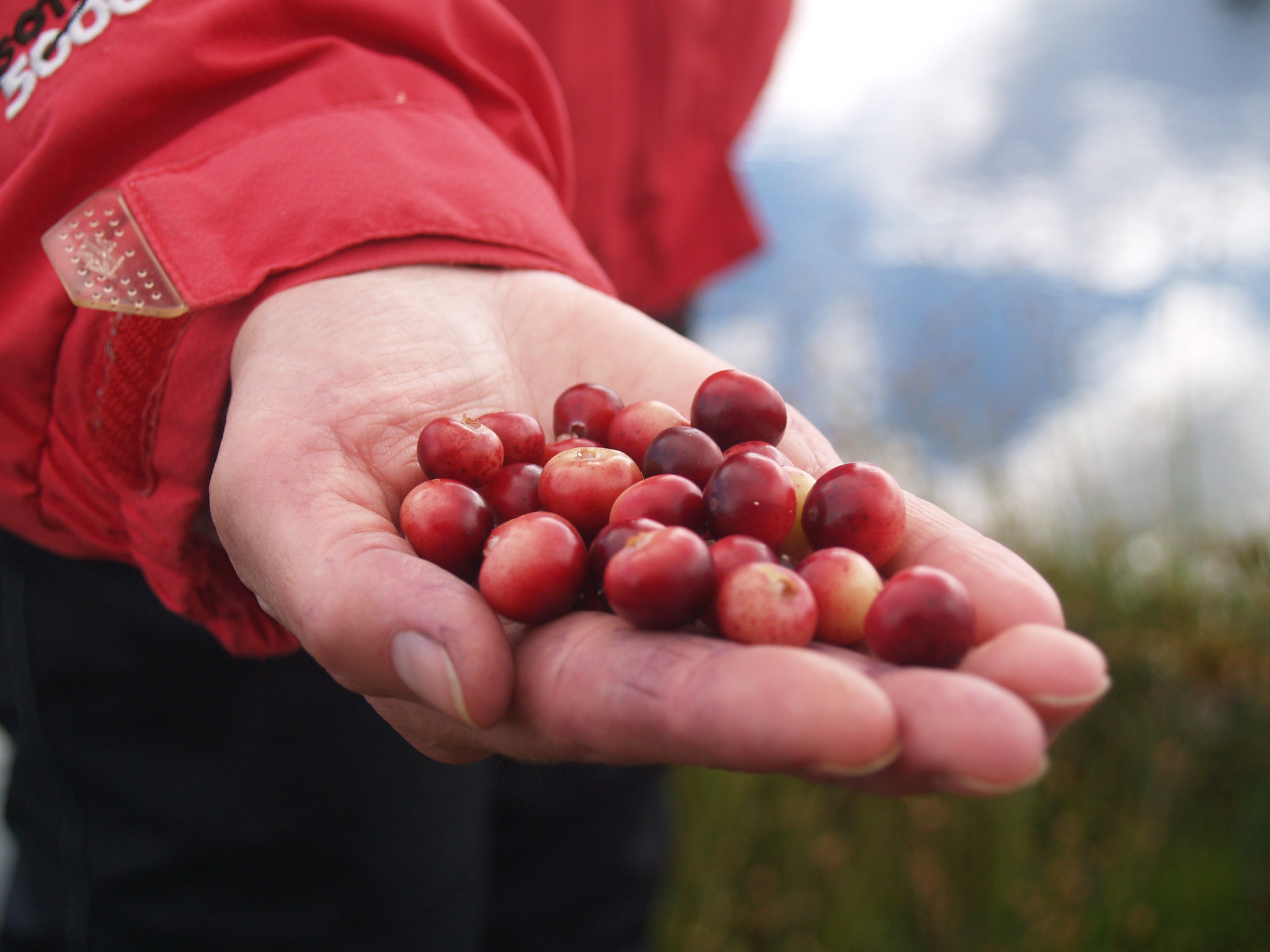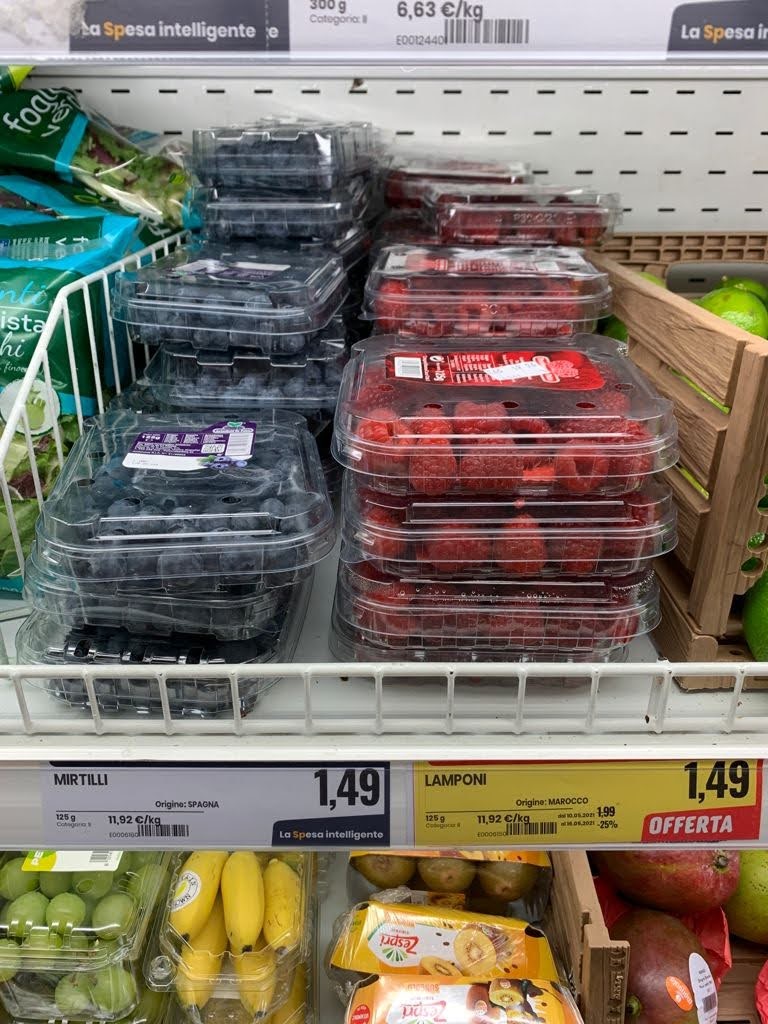Today we explore an exciting development in the world of cranberries, also known as American cranberries (Vaccinium macrocarpon), small red fruits rich in antioxidants. They are very popular in the US for their tart flavour and are often consumed as juices, jams, or dried.
The fruits are rather sour but some cranberry products are particularly sweet and the label often lists a high added sugar content. Consumers are increasingly aware of the disadvantages of added sugars. A revolutionary technology on the horizon could change the way we think about these tart little fruits, making them more enjoyable without having to add sugar! A recent research by Cambridge University tested its acceptability to American consumers and came up with some surprising results.
What is CRISPR?
CRISPR, a new breeding technology, is making headlines in agriculture for its potential to improve the natural traits of crops. In cranberries, researchers are focusing on reducing natural acidity and increasing sweetness without the need to add sugar.
Why modify cranberries?
Cranberries are naturally rich in antioxidants but have very low levels of natural sugars, which makes them rather sour. To make them palatable, a lot of sugar is added, especially in juices and dried fruits. However, this added sweetness has health disadvantages.
The sweet solution
Using CRISPR, scientists can modify the genetic profile of the cranberry to naturally improve its sweetness and reduce the sour taste. This means potentially healthier cranberry products with less added sugar, retaining all the health benefits without the side effects of sugar.
What consumers think
How do American consumers react to the possibility of genetically modifying one of the most traditional fruits?
Consumer opinion data were collected through two online surveys - one for dried cranberries and the other for cranberry juice - administered by the Qualtrics Research Services™ consumer research panel. Participants were over the age of 18 through random selection so that the demographic profile of gender, age and income matched the general US population as closely as possible. The surveys were tested in November 2020 and data collection took place from December 2020 to March 2021.
The research shows a variable consumer response. While some are wary of genetically modified foods, there is considerable willingness to embrace CRISPR-modified cranberries if it means reduced added sugars and improved health benefits. In particular, products developed through CRISPR that reduce the need for added sugars could be well received.
Here are some relevant data from the consumer survey concerning the acceptance of CRISPR-modified cranberries:
Sweetness and acidity
Consumers expressed a greater willingness to pay for cranberries with reduced sugar content and intensely fruity flavour, developed via genetic modification technologies such as CRISPR, than for conventional cranberries with high sugar content and bland taste.

Acceptance of CRISPR
A positive willingness-to-pay (WTP) bias was found for cranberries developed via CRISPR compared to those obtained by conventional cultivation methods. Some consumers are willing to pay a premium for genetically modified cranberries if it results in less added sugar and health benefits.
Impact of information
Information interventions highlighting the health benefits of cranberries and recommendations to limit sugar intake have increased consumer opposition to regular sugar content, overcoming hostility to CRISPR.
Consumer segmentation
The analysis revealed that consumers' demographic characteristics and preferences significantly influence their acceptance of CRISPR-developed food products. For example, consumers who were more informed about CRISPR tended to be more open to modified cranberries.
Flavour preferences
Flavour was found to be a decisive factor in consumers' purchase preferences. Products with an intense and authentic cranberry flavour were preferred over those with weaker or altered flavours, regardless of the cultivation method used
A bright future for berries
Imagine taking a bottle of cranberry juice that is just as sweet, with all the flavour but significantly less sugar. This is what CRISPR could offer. As this technology develops, we may see more cranberry products with reduced acidity and natural sweetness, leading to a healthier choice for our diet.
As we continue to navigate the complexities of food technology and consumer preferences, it is clear that innovations like CRISPR have the potential to revolutionise our eating habits, making our favourite berry snacks better for us. So here's to a future where we can enjoy all the benefits of cranberries without the sugar overload!
Images by master1305 on Freepik and Aivar Ruukel on Flickr








